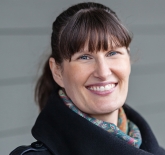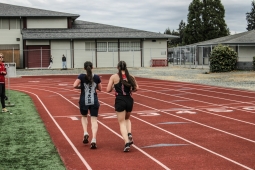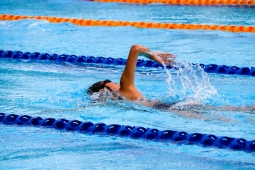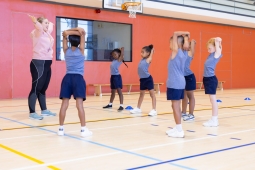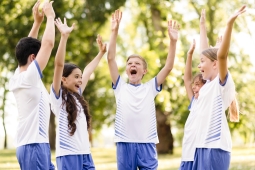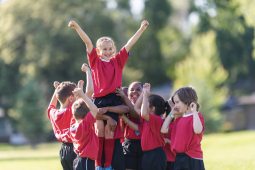The PHE Canada Podcast, Episode 4: Reframing the Sex Talk - Let's Talk about Teaching Sexual Health Education
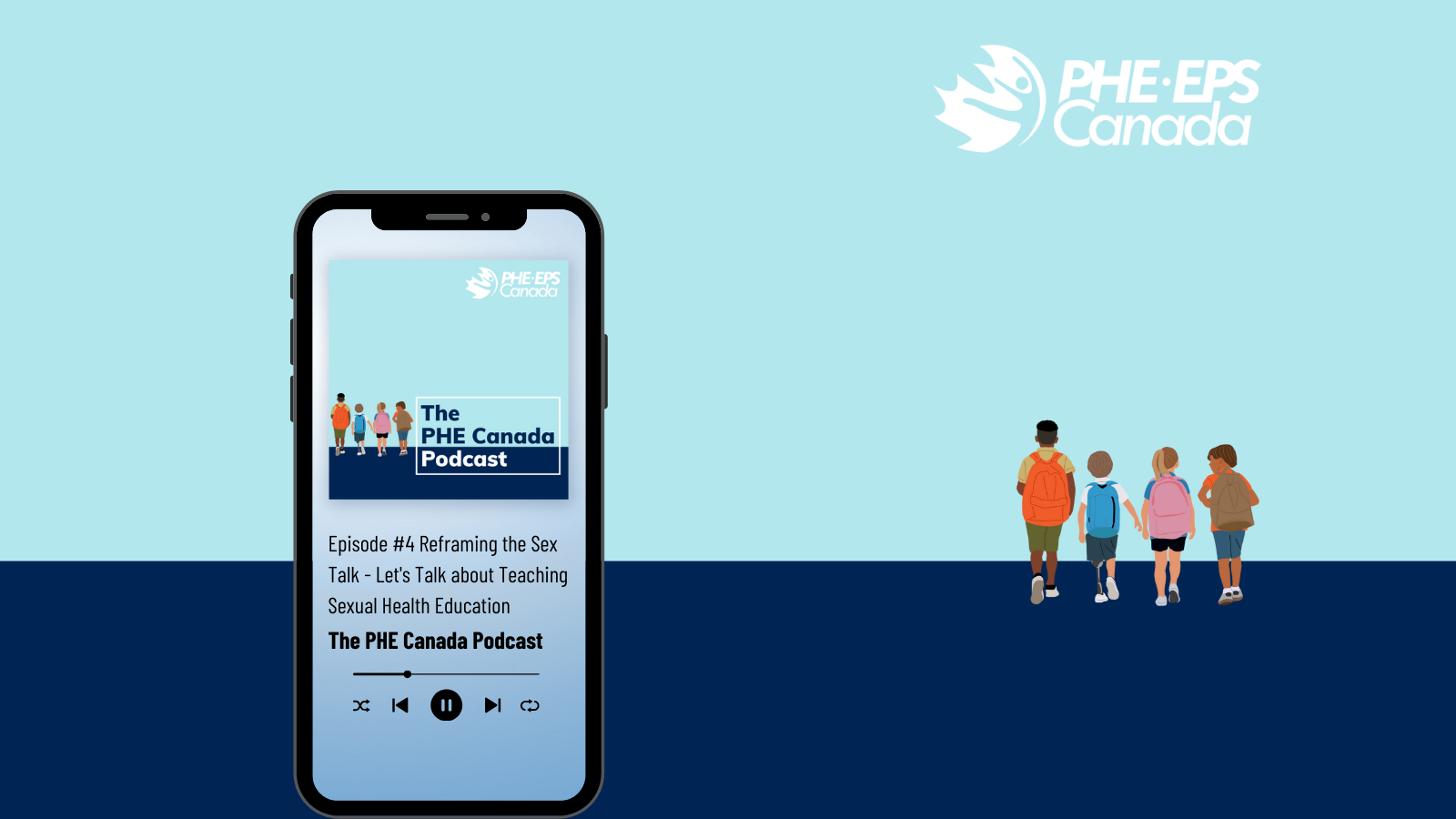
Welcome to The PHE Canada Podcast! In the fourth episode of our podcast, we speak with Certified Sexual Health Educator and founder of SHIFT Education, Jessica (Jessy) Wollen, on the many ways to reframe and deliver Sexual Health Education from Kindergarten to Grade 10 while fostering a safer and inclusive learning environment. Alongside our incredible host, Josh Read, Jessy shares her experience and journey in becoming a sexual health educator and how she’s facilitating her student-centered experiential curriculum, training for educators, and working with schools to implement strategies that effectively support educators in teaching sexual health.
Tune into this episode to learn many tips when delivering Sexual Health Education using a comprehensive health approach, such as how educators can:
- Model and address misconceptions and stigmas head-on with parents/caregivers and how to involve them;
- Use best practices to deliver key themes of Sexual Health Education, while navigating age-appropriate content and discussions;
- Incorporate value exercises to foster a sense of community and respect among students in a way that are both informative and destigmatizing; and,
- Address and educate about topics such as consent, healthy relationships, gender-based violence, as well as an honest examination of the role of pornography in Sexual Health Education and its implications for young learners, and much more!
Check out the following resources from Jessica Wollen:
- Website: www.shift-education.com
- Social Media: @shifteducation
- Other Podcasts: Growing up Game Plan Podcast, Episode 8 and 9


